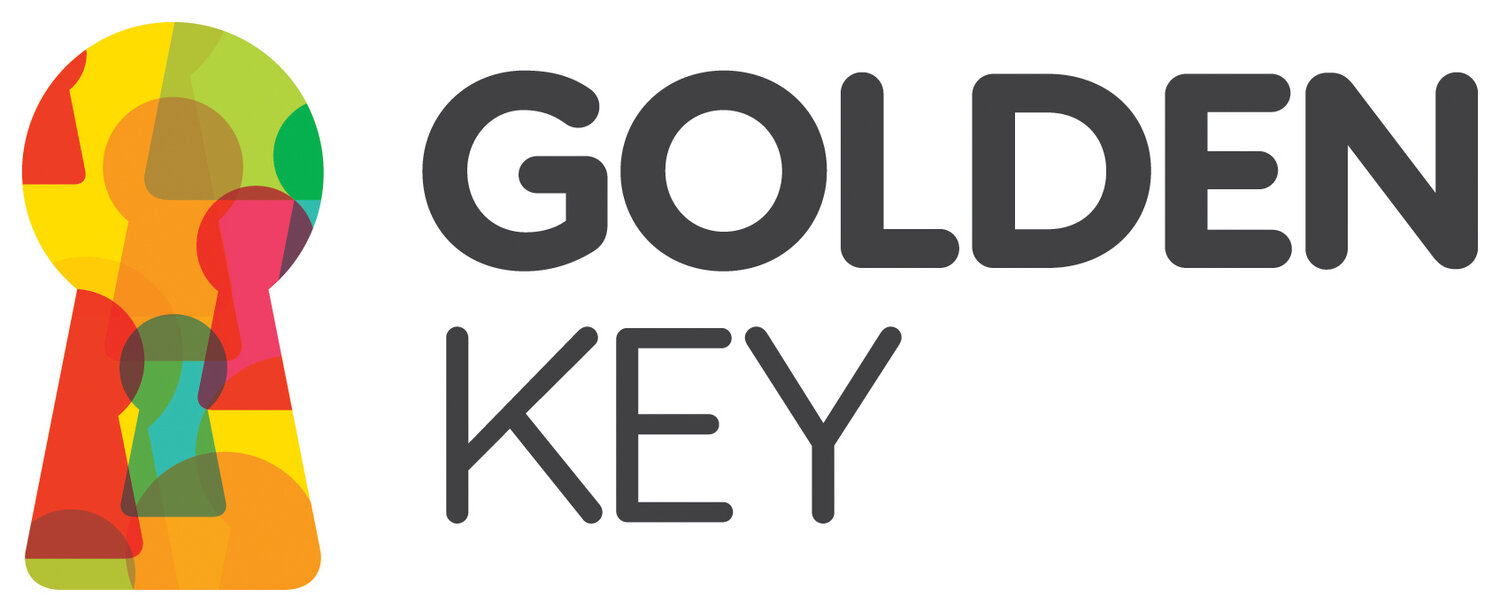SJ's COVID-19 diary: a client's perspective, one month into confinement
One of our clients has kindly agreed to keep a diary during his COVID-19 confinement. This is his second entry.
One month since Boris’ ‘Stay at Home’ speech
I had assumed, perhaps naively, that as this isolation period went on, I would find it less difficult. I thought that, while not necessarily embracing them with abandon, I would adapt to the changes and these new ways of working. I expected that I would come to accept their necessity and ‘keep calm and carry on’. However, life is not quite that simple, is it?
A lot has changed since my last blog post. At first I was still attempting to do my own shopping and medication collection, with some support from my flatmate to get there and back. The rule in many places though is that you have to go in alone, which, for me, became quickly too much to deal with. All the new regulations, the increased waiting times, the confusion caused by different members of staff telling you to stand in different places, my anxiety over not wanting to get it wrong and then inadvertently getting things wrong and becoming non-verbal as a result and having meltdowns just made it too tricky for me to navigate these crowded places. When this used to happen BC (Before Corona), members of staff were generally quite compassionate but they are so stretched currently that they don’t know what to do. This makes me wonder how potentially vulnerable customers are slipping through the cracks. I’ve heard anecdotes of customers tutting and telling off other customers who are touching produce, not realising that someone visually impaired has no other way of knowing what they are buying. Companies have, rightly, prioritised the emergency response to help keep people safe, but I wish they could build in some flexibility for those who are vulnerable. The default policy in many shops that you must shop alone, while sensible, is not without caveats. What about those who need assistance from personal assistants or carers? And this is of course often exacerbated for those with invisible disabilities.
When it comes to how services are responding, I think at the beginning of this period many were struggling slightly with deciding on the best way to respond, trying to keep up with the government’s advice and setting up the infrastructure needed to work from home or work differently in an extremely short period of time. They’ve certainly done their best in a challenging and difficult time though. They’re mainly maintaining telephone contact, and now I’m hearing from the various services that I engage with that perhaps online groups are being looked at, to help people connect with other clients that they would usually see on a weekly basis. This is encouraging. This increase in online groups and meetings has meant that I have managed to virtually ‘attend’ some groups that I haven’t been to in months due to fatigue and overload. Sometimes, just leaving the house is hard and the challenge of a large group can also discourage me. Being able to re-connect and feel part of these groups again has been great, and group leaders have also suggested that if I don’t feel able to attend a meeting in person once this current situation is over, perhaps I could continue to attend virtually. Similarly, attending new groups can be extremely daunting in person; it can be very difficult for me to do this unsupported. Being able to attend these new groups online, to come and go as I please and as my energy levels allow has been great in opening access to some new addiction recovery-focussed support groups.
I have been wondering about the positive legacy that these new ways of working that both services, support groups and employers have had to adopt could be after life has returned to some semblance of normality. There are those perhaps who currently do not work due to chronic illness or disability (myself included) who could be a valuable asset to the workforce if given the flexibility to work from home, for part or all of the time. Perhaps there will have been a cultural shift in the view that working from home is somehow lesser, or not a feasible adjustment.
